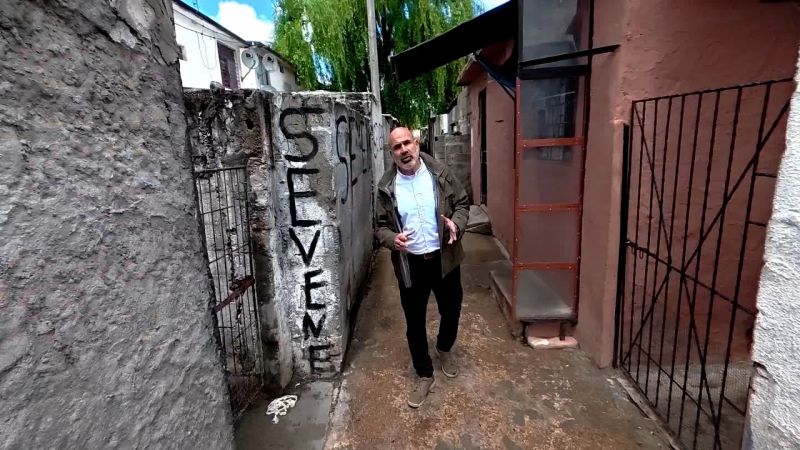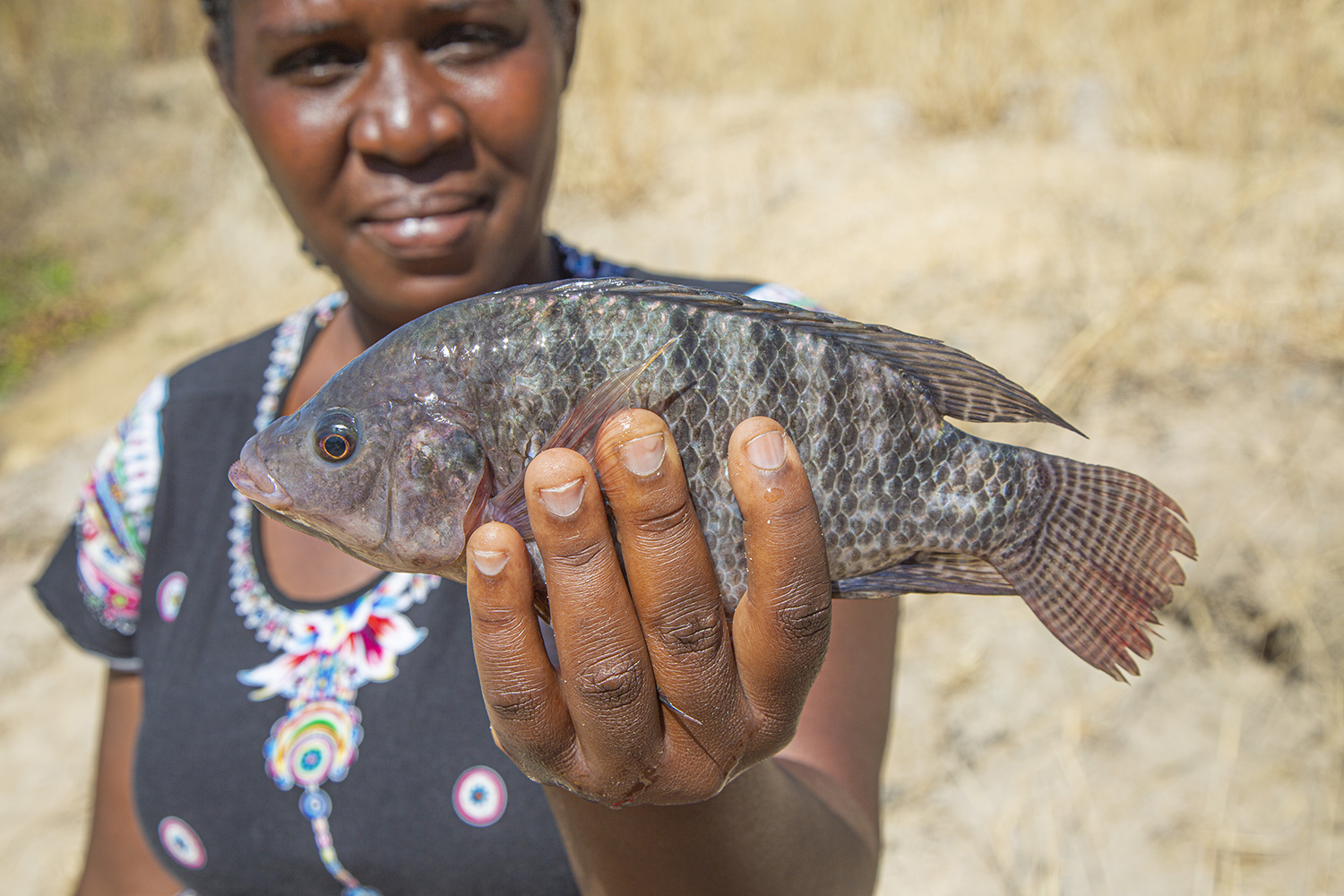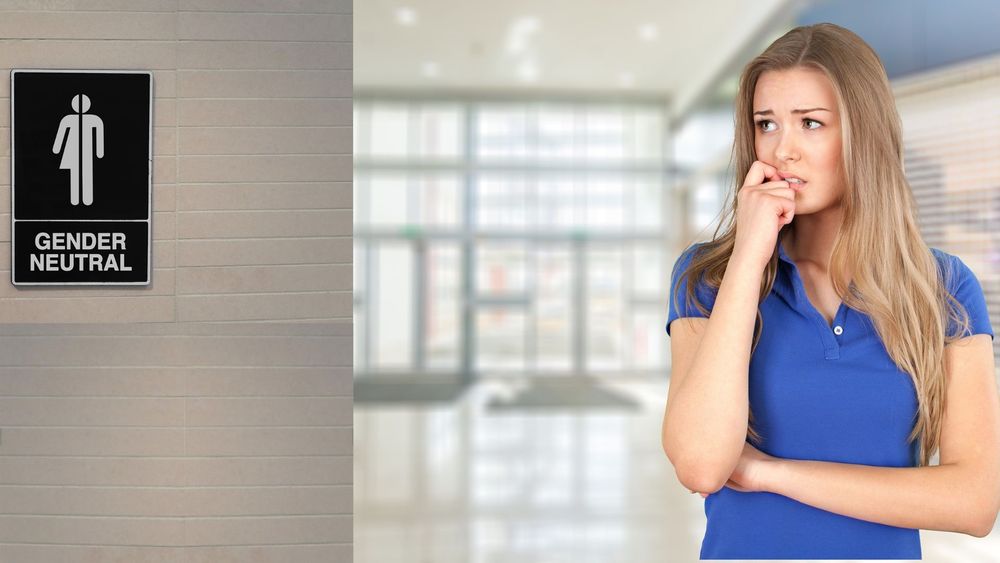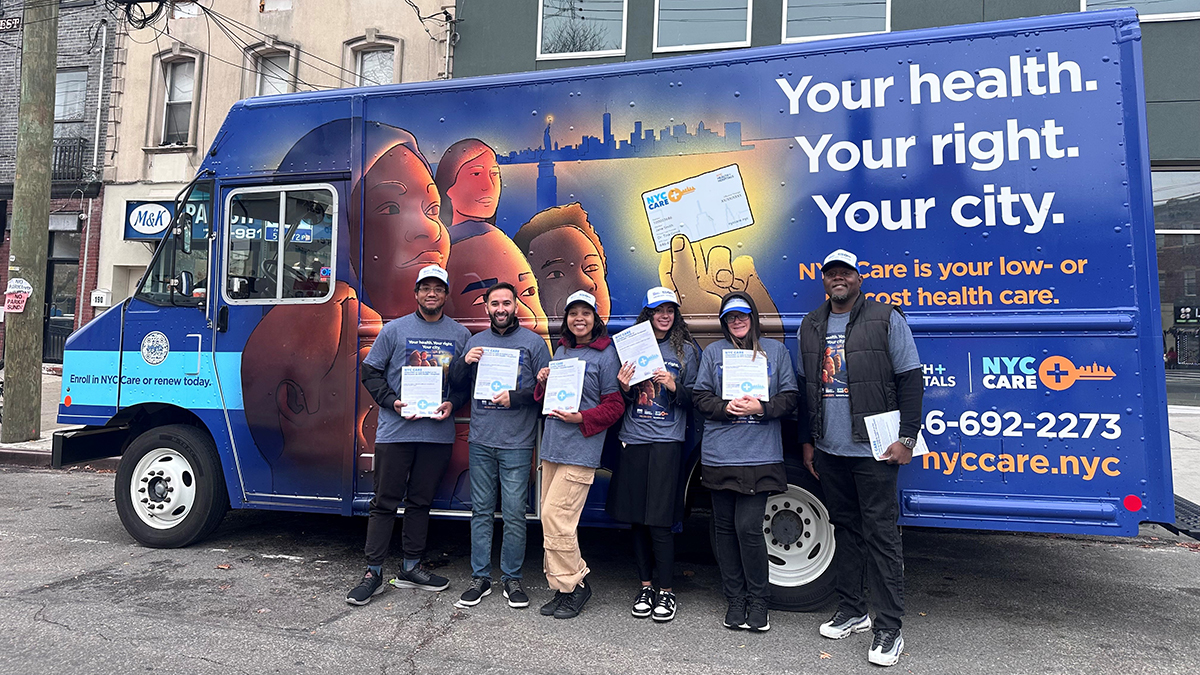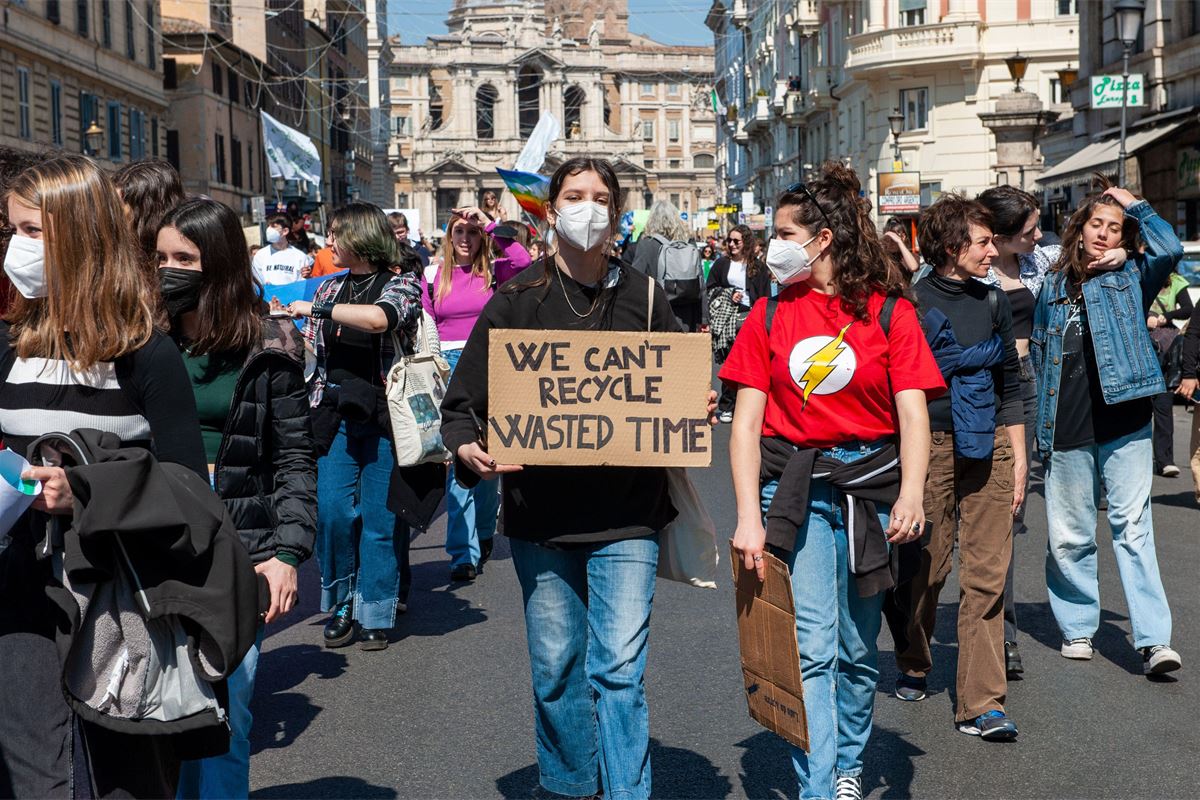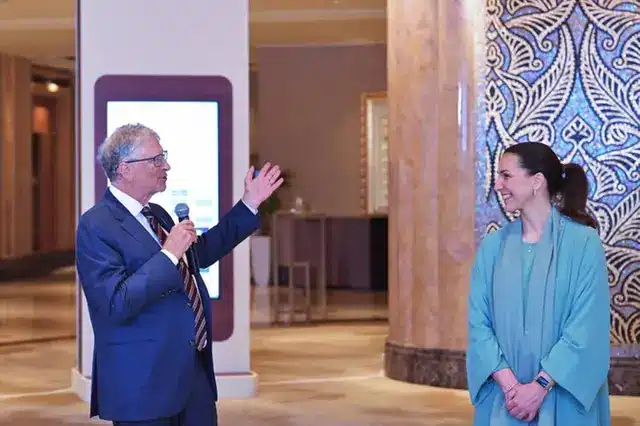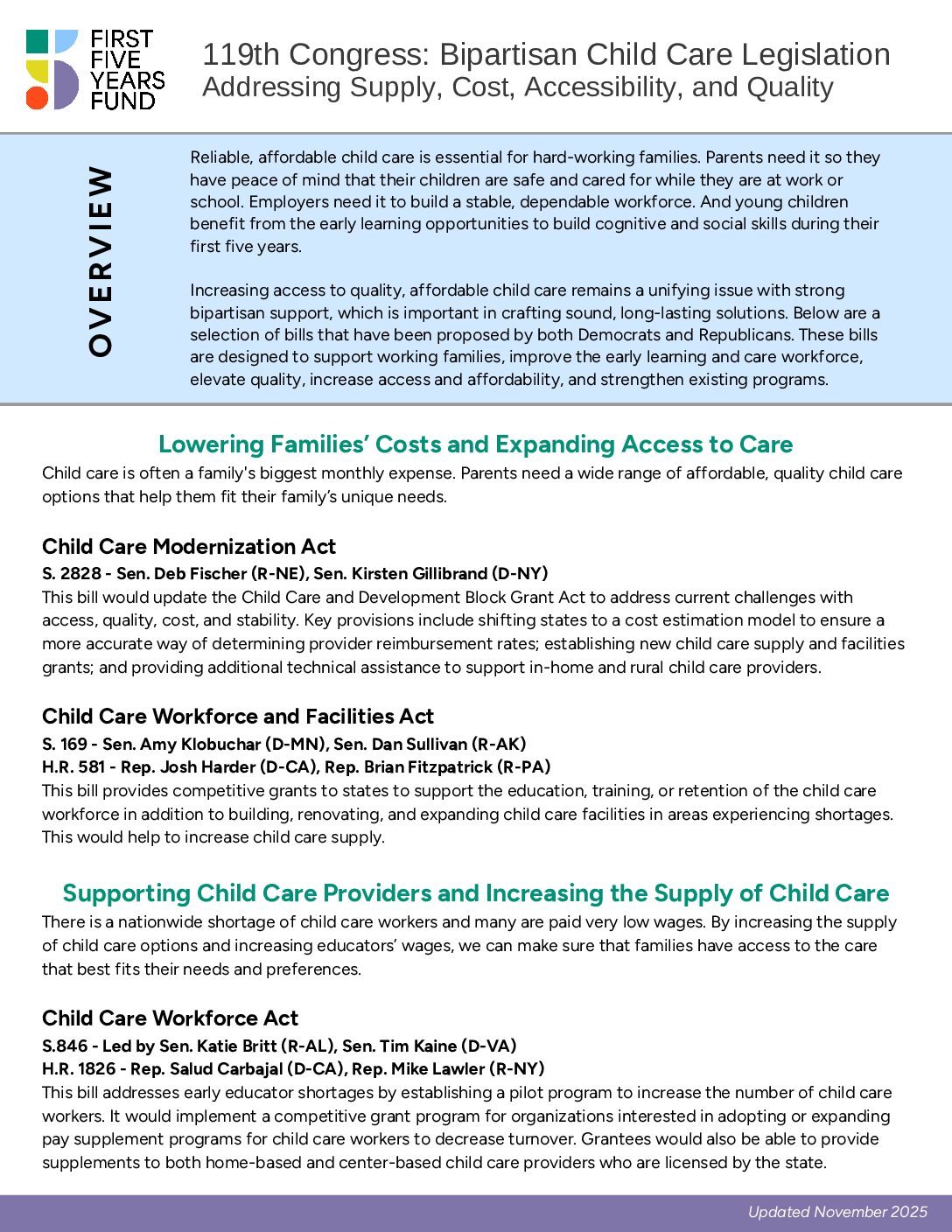Orange County needs feedback from businesses owners for new program – Spectrum News 13

Report on the Restructuring of Orange County’s Small Business Support Programs
Introduction: A Strategic Pivot Towards Inclusive Economic Growth
Orange County, Florida, has initiated a strategic overhaul of its small business support mechanisms. The county has suspended its Minority and Women Businesses Enterprise (MWBE) Program following a federal executive order concerning diversity, equity, and inclusion initiatives, which placed approximately $100 million in federal funding at risk. In its place, the county is developing a new Small Business Enterprise (SBE) Program. This new initiative represents a strategic realignment to foster broad-based economic growth and reduce inequalities, in line with key United Nations Sustainable Development Goals (SDGs).
Advancing SDG 8 (Decent Work and Economic Growth) and SDG 10 (Reduced Inequalities)
From Targeted Support to a Universal Small Business Framework
The transition from the MWBE program to the SBE program marks a significant policy shift. The previous program was designed to directly address historic disparities, contributing to SDG 10 (Reduced Inequalities) and SDG 5 (Gender Equality) by empowering specific entrepreneurial groups. The new SBE program adopts a race- and gender-neutral approach, aiming to foster a more inclusive and resilient local economy for all small enterprises.
- Core Objective: The primary goal of the SBE program is to award a minimum of 15% of all county contracts to participating small businesses. This measure is a direct driver for SDG 8, promoting sustained, inclusive, and sustainable economic growth and productive employment.
- Addressing Inequality: While the new program is not demographically targeted, its focus on small and micro-businesses aims to reduce economic disparities by providing smaller entities with a competitive foothold in public procurement, a key target of SDG 10.
Stakeholder Input and Program Design
Input from the business community is central to shaping the new program. Representatives, such as the president of the National Association of Women Business Owners in Orlando, have highlighted the necessity of a tiered system within the SBE framework. This would allow micro-businesses to compete for contracts without being overshadowed by larger small businesses, ensuring the program’s benefits are distributed equitably and contribute effectively to the “leave no one behind” principle of the SDGs.
Commitment to SDG 16 (Peace, Justice and Strong Institutions) and SDG 17 (Partnerships for the Goals)
A Participatory and Collaborative Development Process
Orange County is demonstrating its commitment to building effective, accountable, and inclusive institutions (SDG 16) by grounding the SBE program’s development in a transparent and participatory process. This approach fosters strong partnerships (SDG 17) between the public sector and the business community.
Key Procedural Steps
- Public Consultation: The county is actively soliciting feedback from business owners through virtual sessions and an online portal, open until August 1. This ensures the program’s rules and regulations are responsive to the needs of its intended beneficiaries.
- Guideline Formulation: Feedback will be synthesized by the Orange County Business Development Division to draft comprehensive program guidelines.
- Official Approval: The finalized guidelines require formal approval from the Orange County Board of Commissioners before the program can be launched.
Program Scope and Eligibility
The initiative’s collaborative spirit extends geographically, enhancing regional economic integration. Eligibility for the forthcoming SBE program is open to small businesses located in:
- Orange County
- Seminole County
- Lake County
- Osceola County
A definitive timeline for the program’s launch remains pending the completion of this comprehensive feedback and approval process.
SDGs Addressed in the Article
SDG 5: Gender Equality
- The article discusses the suspension of the “Minority and Women Businesses Enterprise Program,” which was specifically designed to support the economic participation of women entrepreneurs.
- It features Karen Kurta, the president of the “National Association of Women Business Owners in Orlando,” who voices concerns about the program’s suspension and is actively involved in shaping the new program to ensure fairness, highlighting the continued relevance of women’s economic empowerment.
SDG 8: Decent Work and Economic Growth
- The core topic is the creation of a “Small Business Enterprise Program” by Orange County. This is a “development-oriented policy” aimed at fostering entrepreneurship and the growth of small enterprises.
- The article states the program’s objective is to help small businesses “compete in the marketplace” by awarding them a significant portion of county contracts, which directly contributes to local economic growth and job creation.
SDG 10: Reduced Inequalities
- The original program was explicitly designed to reduce economic inequalities for minority and women business owners.
- While the new program is “race-neutral,” its goal is to support small businesses, which are often at a disadvantage when competing against larger corporations. The article notes the need for “tiers of some sort” because “microbusinesses can’t compete with large businesses,” directly addressing the need to create a more level playing field and reduce economic disparities.
SDG 16: Peace, Justice and Strong Institutions
- The article illustrates a local government (Orange County) developing “effective, accountable and transparent institutions” by adapting its policies to comply with federal orders while still aiming to serve its constituents.
- It highlights a “responsive, inclusive, participatory and representative decision-making” process. The county is actively seeking public input to create the new program’s guidelines, as stated by Sheena Furguson: “We want the feedback.” The article also mentions multiple avenues for business owners to provide this feedback, such as virtual sessions and an online portal.
Specific SDG Targets Identified
Target 5.5: Ensure women’s full and effective participation and equal opportunities for leadership at all levels of decision-making in political, economic and public life.
- The suspension of the “Women Businesses Enterprise Program” directly impacts a key mechanism for the economic participation of women. The involvement of the National Association of Women Business Owners in the new program’s design is an effort to ensure their concerns are addressed and that opportunities for economic participation are maintained.
Target 8.3: Promote development-oriented policies that support productive activities, decent job creation, entrepreneurship, creativity and innovation, and encourage the formalization and growth of micro-, small- and medium-sized enterprises…
- The new “Small Business Enterprise Program” is a clear example of a development-oriented policy designed to support and encourage the growth of small businesses by providing them with access to government contracts.
Target 10.2: By 2030, empower and promote the social, economic and political inclusion of all…
- Both the old and new programs are instruments for the economic inclusion of specific business groups. The old program targeted women and minorities, while the new one focuses on small businesses, aiming to empower them to “compete in the marketplace” and secure county contracts.
Target 16.7: Ensure responsive, inclusive, participatory and representative decision-making at all levels.
- The article explicitly details Orange County’s efforts to engage in participatory decision-making. It states, “Before the program gets up and running the county wants feedback from business owners,” and mentions that “County leaders will take the feedback to write up guidelines.” This demonstrates a responsive and inclusive approach to creating new policy.
Implied Indicators for Measuring Progress
Proportion of county contracts awarded to small businesses
- The article provides a specific, measurable indicator for the new program’s success. It explicitly states, “The goal is to get at least 15% of all county contracts to be awarded to small businesses in the program.” This serves as a direct metric to track progress towards Target 8.3.
Proportion of county contracts awarded to women-owned businesses
- While not a stated goal of the new “race-neutral” program, this was an implicit indicator of the previous “Minority and Women Businesses Enterprise Program.” The concerns raised by the president of the National Association of Women Business Owners imply that this will remain a key metric for stakeholders to judge the fairness and success of the new program in relation to Target 5.5.
Existence of a formal process for stakeholder consultation
- The article describes the mechanisms for public feedback as an “important next step in initiating the program.” It mentions “virtual sessions Monday through Friday” and the ability to “submit your feedback online anytime, until August 1.” This process itself is an indicator of the county’s commitment to participatory decision-making under Target 16.7.
Summary Table: SDGs, Targets, and Indicators
| SDGs | Targets | Indicators |
|---|---|---|
| SDG 5: Gender Equality | 5.5: Ensure women’s full and effective participation and equal opportunities for leadership in economic life. | Proportion of county contracts awarded to women-owned businesses (implied from the previous program and stakeholder concerns). |
| SDG 8: Decent Work and Economic Growth | 8.3: Promote development-oriented policies that support entrepreneurship and the growth of small enterprises. | Proportion of county contracts awarded to small businesses (explicitly stated goal of 15%). |
| SDG 10: Reduced Inequalities | 10.2: Empower and promote the social and economic inclusion of all. | The establishment of a program with tiers to ensure micro and small businesses can compete, reducing economic disparities. |
| SDG 16: Peace, Justice and Strong Institutions | 16.7: Ensure responsive, inclusive, participatory and representative decision-making. | Existence of a formal process for stakeholder consultation (virtual sessions, online feedback portal) in policymaking. |
Source: mynews13.com

What is Your Reaction?
 Like
0
Like
0
 Dislike
0
Dislike
0
 Love
0
Love
0
 Funny
0
Funny
0
 Angry
0
Angry
0
 Sad
0
Sad
0
 Wow
0
Wow
0

